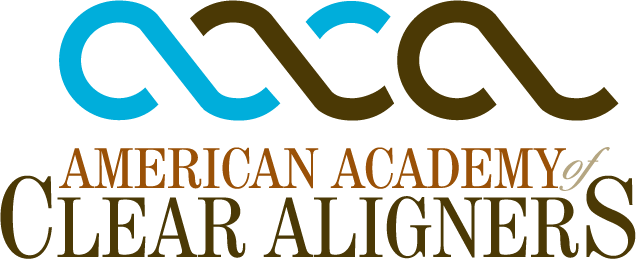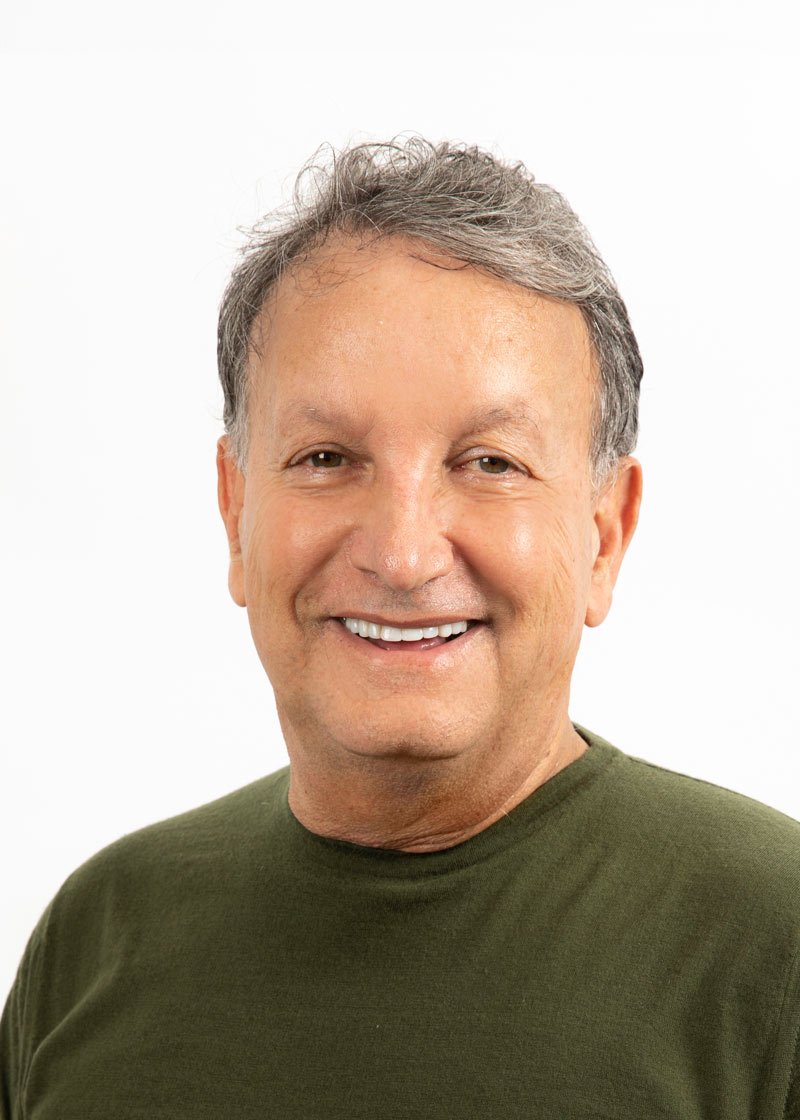Self-management (SM) programs are commonly used for initial treatment of patients with temporomandibular disorders (TMD). The programs described in the literature, however, vary widely with no consistency in terminology used, components of care or their definitions.
The primary aim of this lecture is to demonstrate an efficacious and pragmatic self-management program and accompanying protocols appropriate for treatment of patients with myogenous TMD.
Upon completion, all general dentists will be able to prescribe immediate treatment regimens and provide devices that can alleviate the pain and discomfort of TMD.
Course Objectives
Review the latest published literature on TMD self-management programs
Understand the 6 main components and protocols of current TMD self-management programs
Review latest devices that you can prescribe for your patients
Utilize state of the art Apps and Software to manage your TMD patients
Dr David Penn BDS MBA GradDipAesthOrtho(SAT)
Dr. David Penn is the Head of The School of Aesthetic Orthodontics at The Postgraduate School of Dentistry in Double Bay, Sydney.
Dr. Penn lectures and teaches extensively, principally in the areas of aesthetic orthodontics and clear aligners. He wrote the initial accreditation course for GP doctors for Invisalign® and has taught more than 1,500 postgraduate students in the use of Sequential Aligners and Aesthetics. In January 2015, he wrote and gained accreditation for a government accredited post-graduate degree qualification in Aesthetic Orthodontics.
He is also responsible for the research and development of many unique dental appliances and devices including the Penn Composite Stent, the Atlas Cabriolet orthodontic retainer, the d.Mistify data capture device, IPR burs and the acclaimed Munchies® series of orthodontic devices.
In 2023, his team released a series of TMD devices and associated software, designed to utilize the latest self-management protocols to alleviate acute symptoms in 85% of sufferers.

